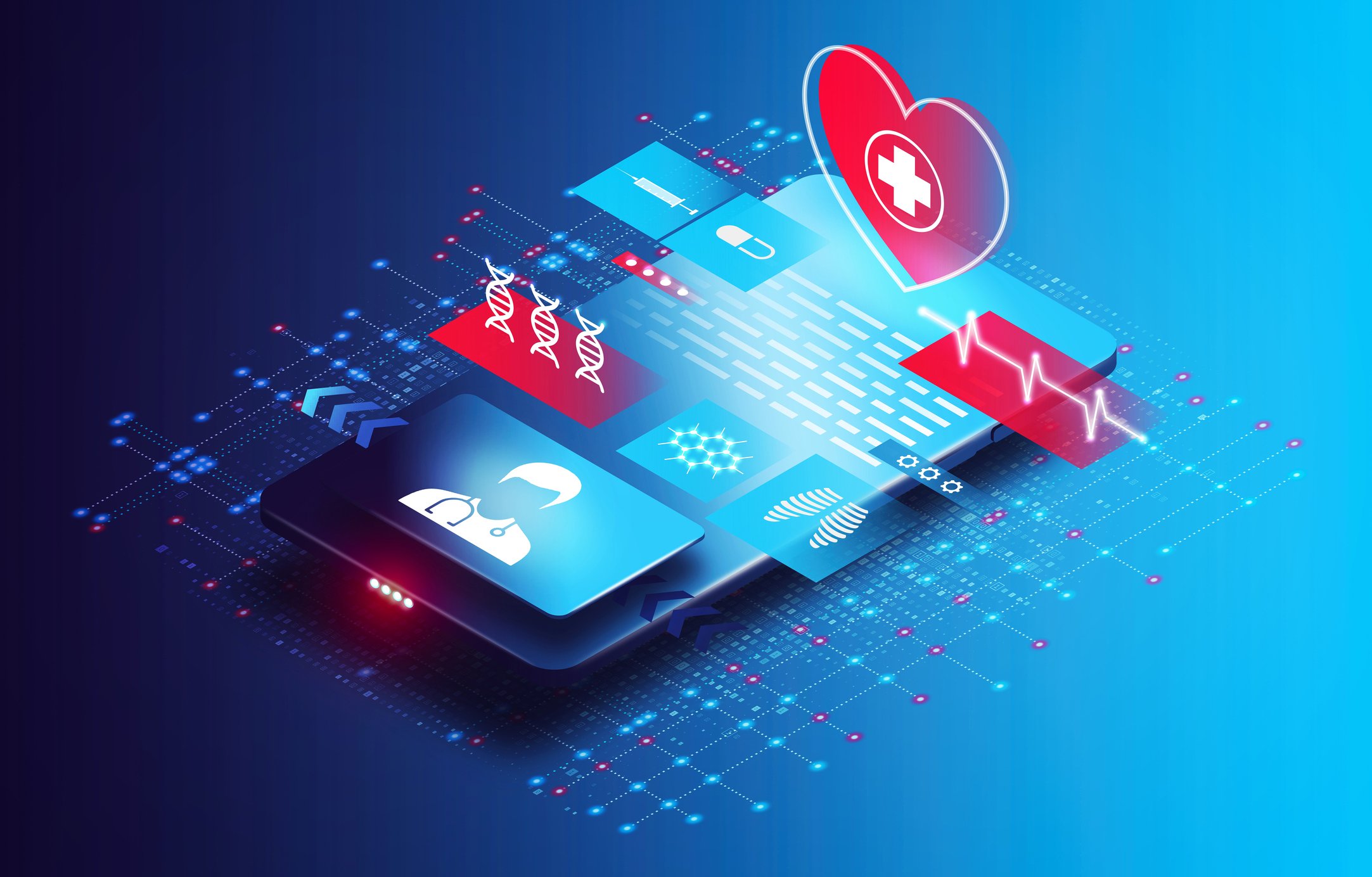Digital Health Revolution: Patients Reveal How Pharma Can Rebuild Its Public Image

In a groundbreaking shift, patients are increasingly expecting pharmaceutical companies to expand their role beyond traditional drug development. A recent report reveals that consumers are seeking comprehensive healthcare solutions, with a particular emphasis on innovative digital tools that can enhance their overall medical experience.
Modern patients are no longer satisfied with simply receiving medications. They are looking for holistic healthcare support that leverages technology to provide more personalized, accessible, and interactive health management solutions. Digital platforms, mobile applications, and integrated health tracking tools are becoming increasingly attractive to patients who want more proactive and engaging healthcare experiences.
Pharmaceutical companies are being challenged to reimagine their approach, transforming from pure drug manufacturers to comprehensive healthcare partners. By developing digital tools that complement their pharmaceutical offerings, these companies can create more value-added services that address patients' evolving needs and expectations in the modern healthcare landscape.
